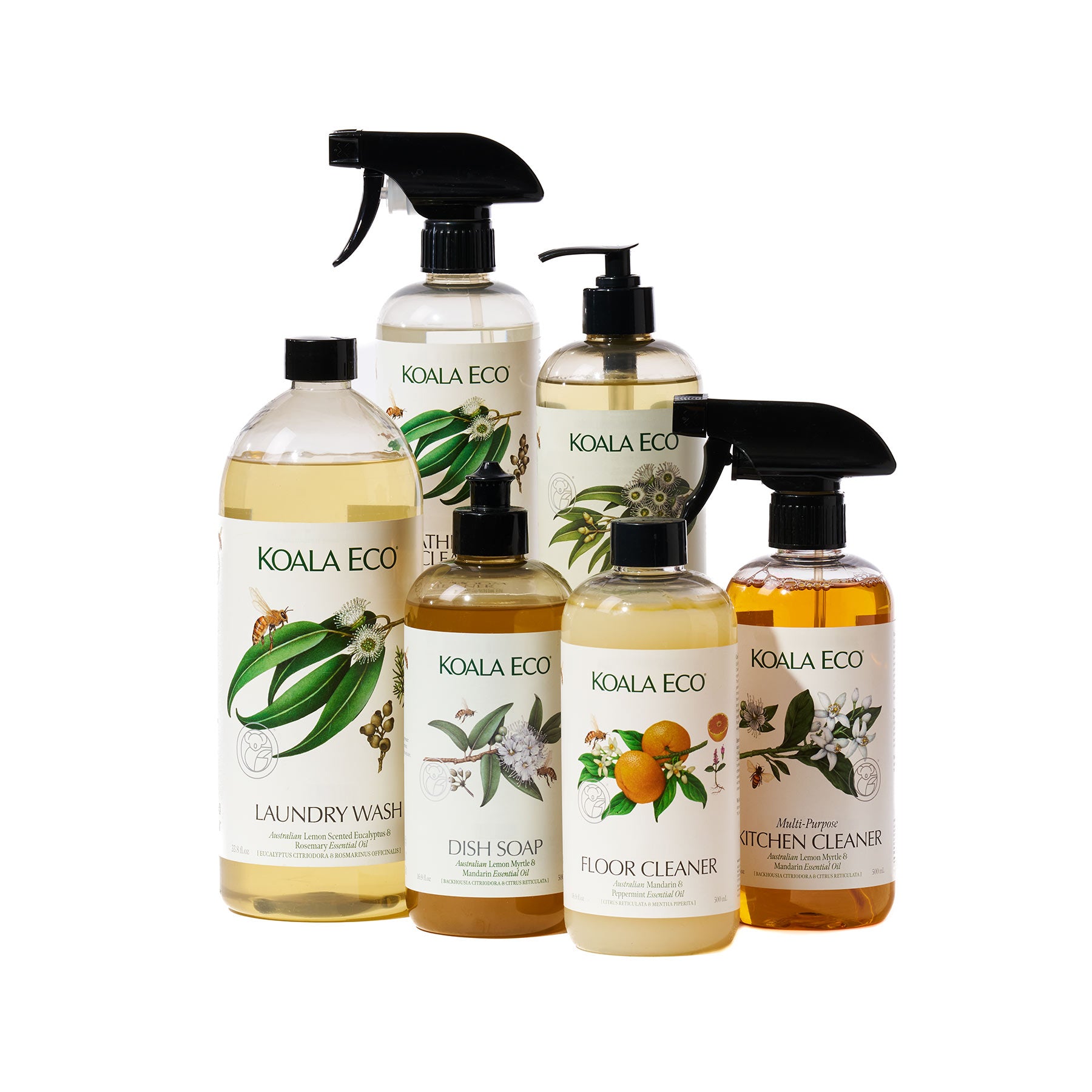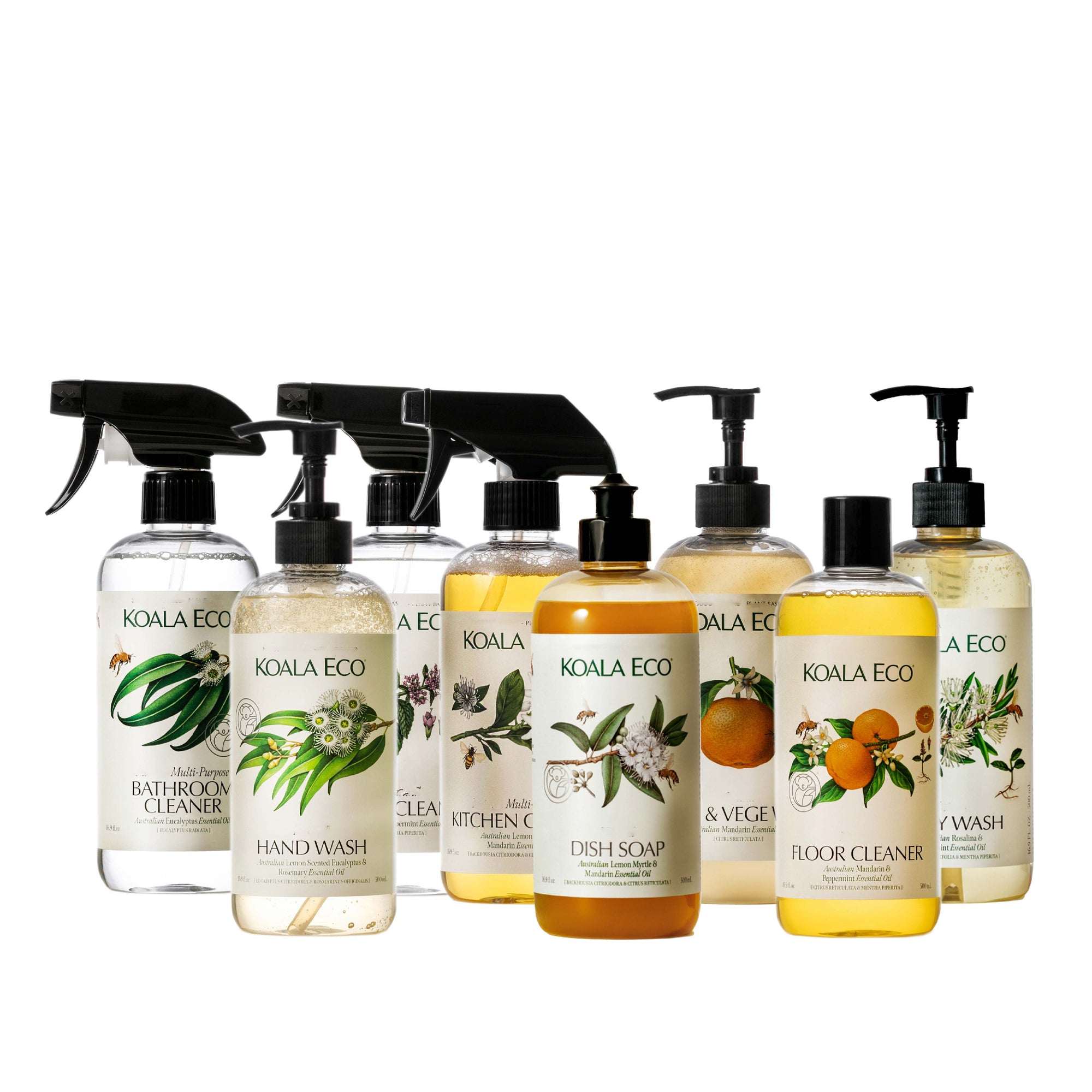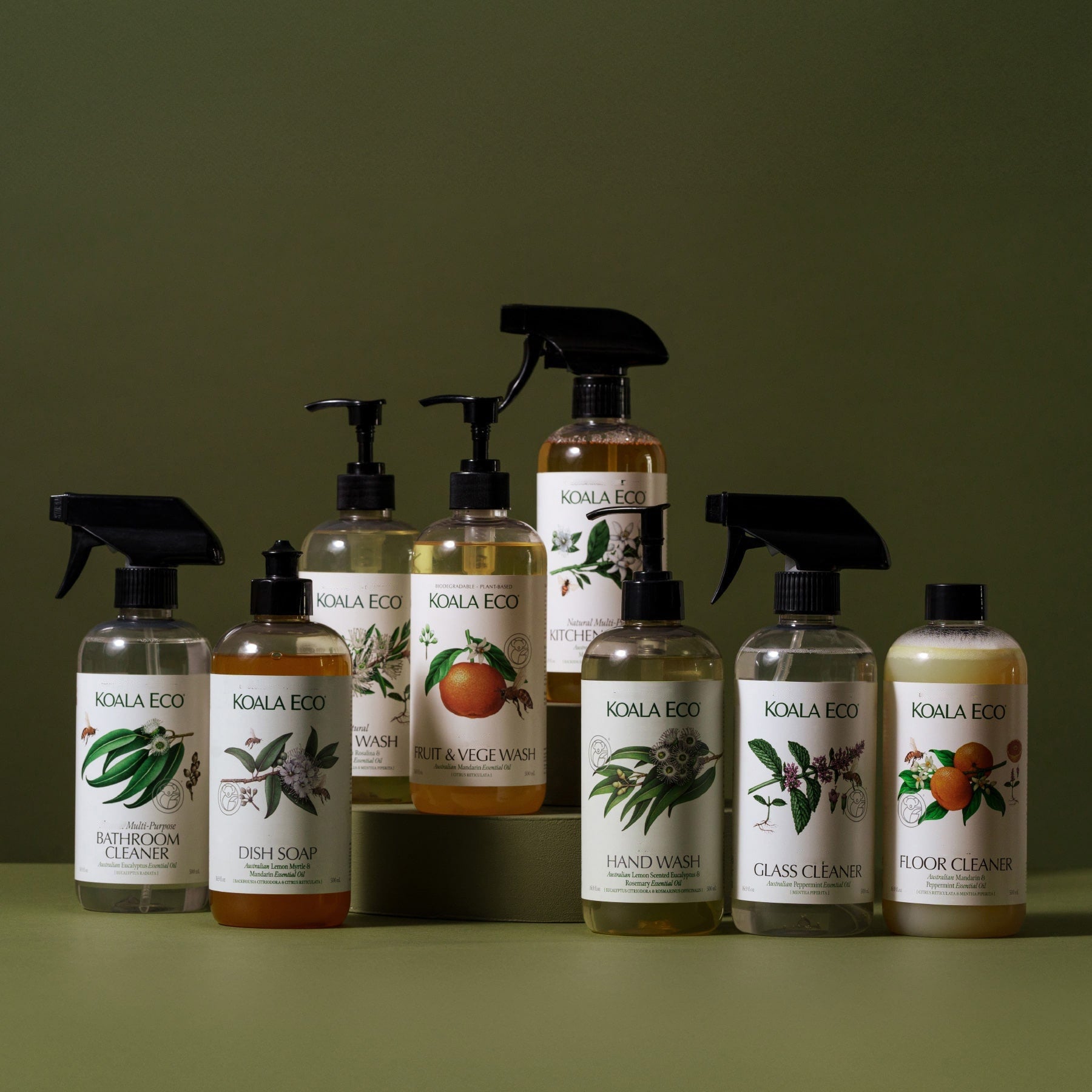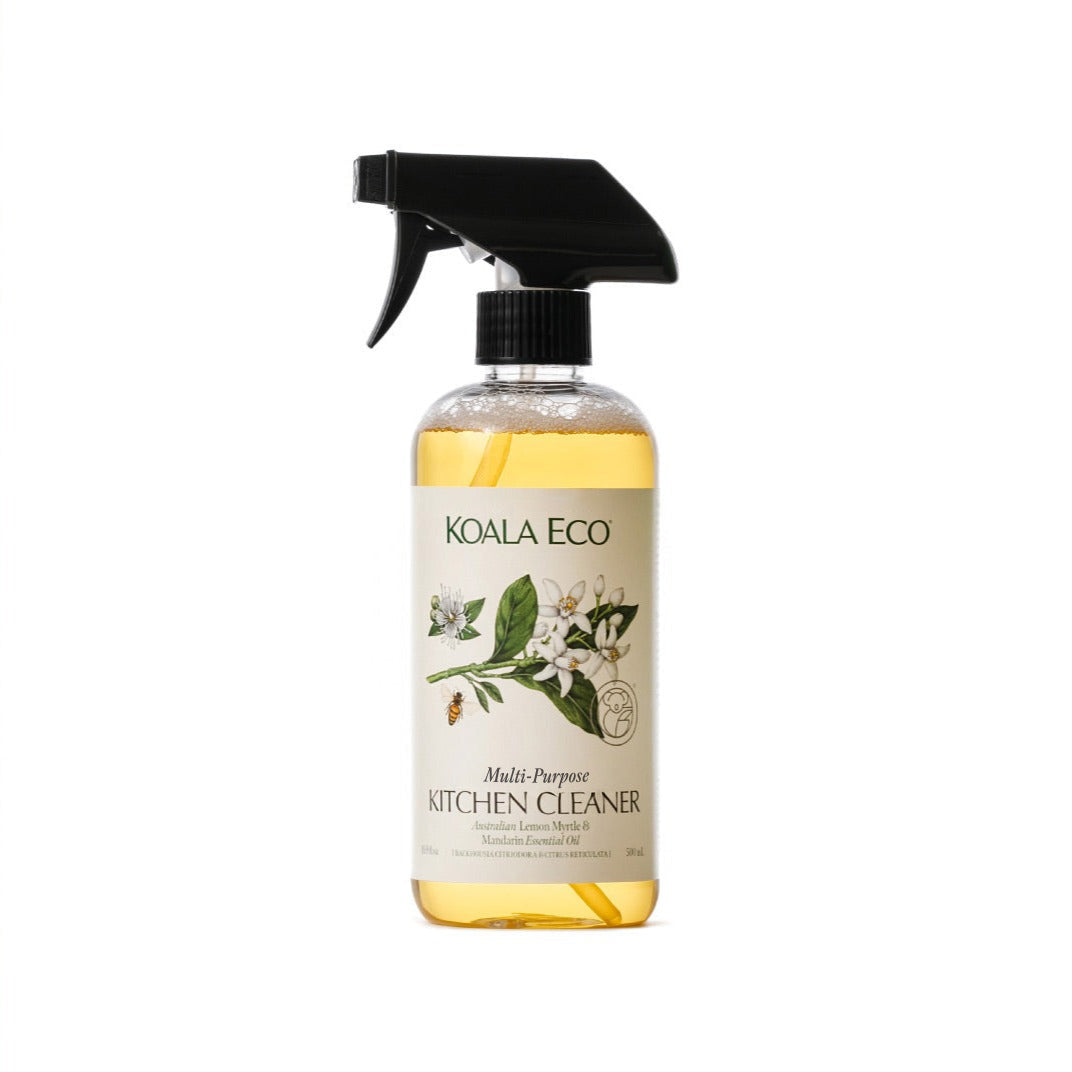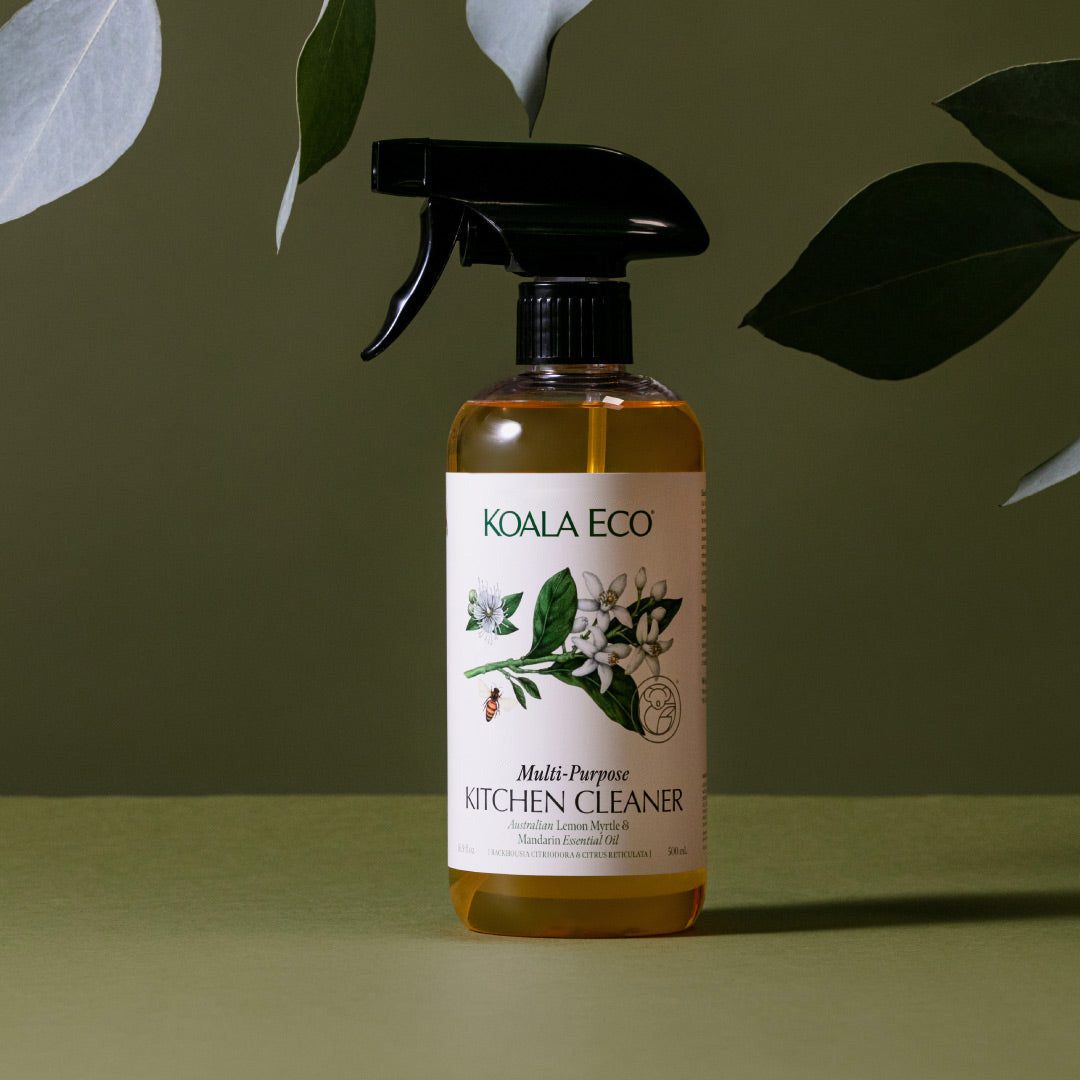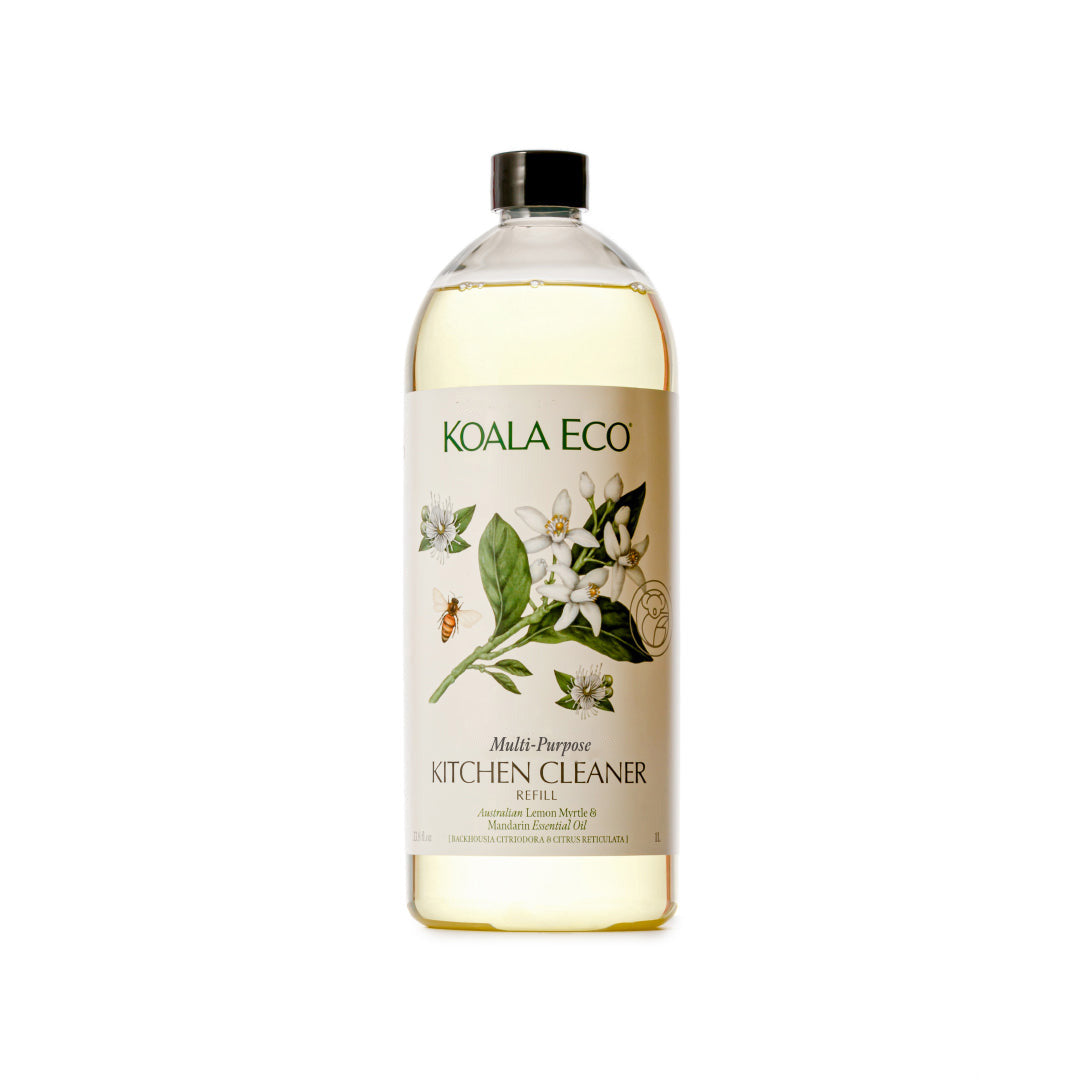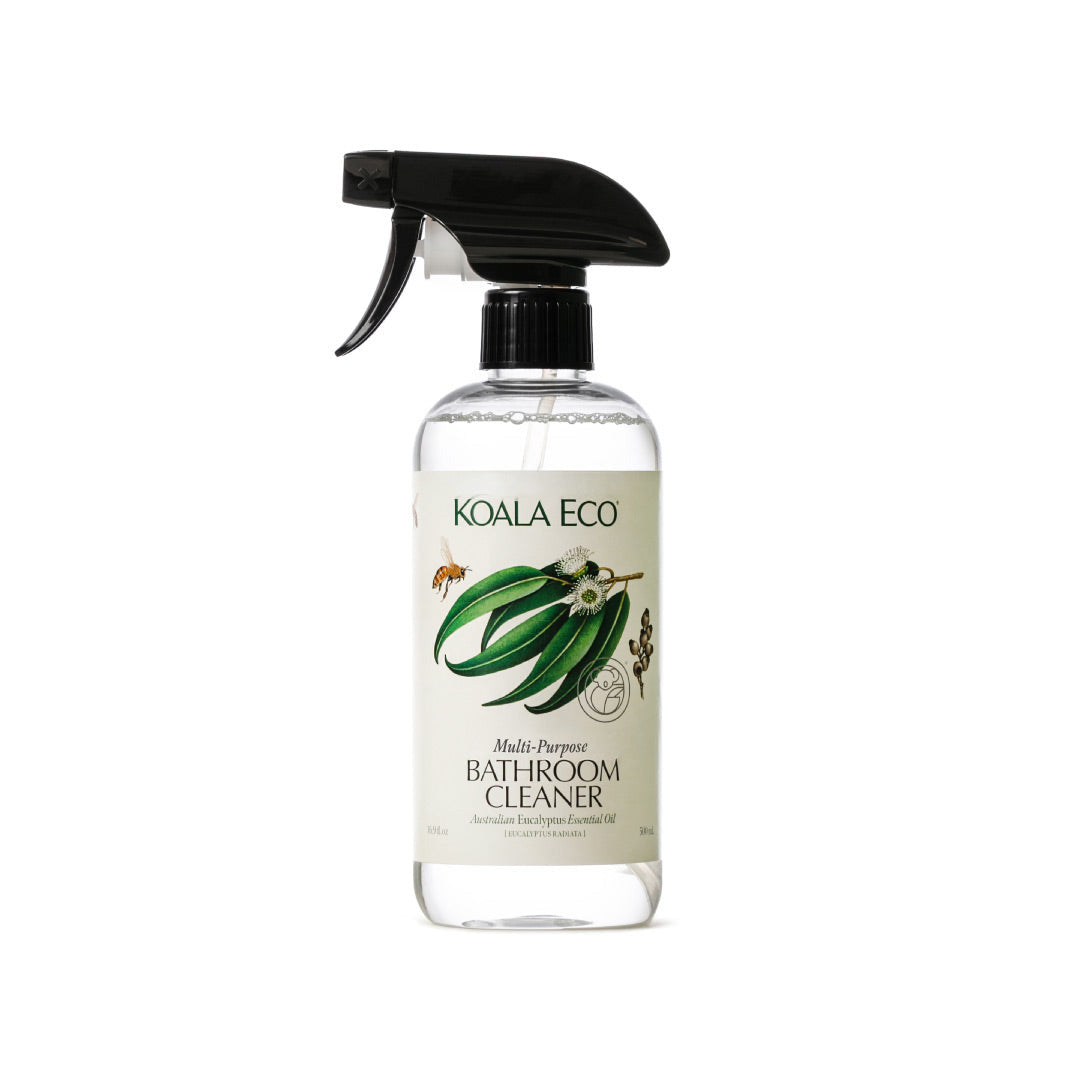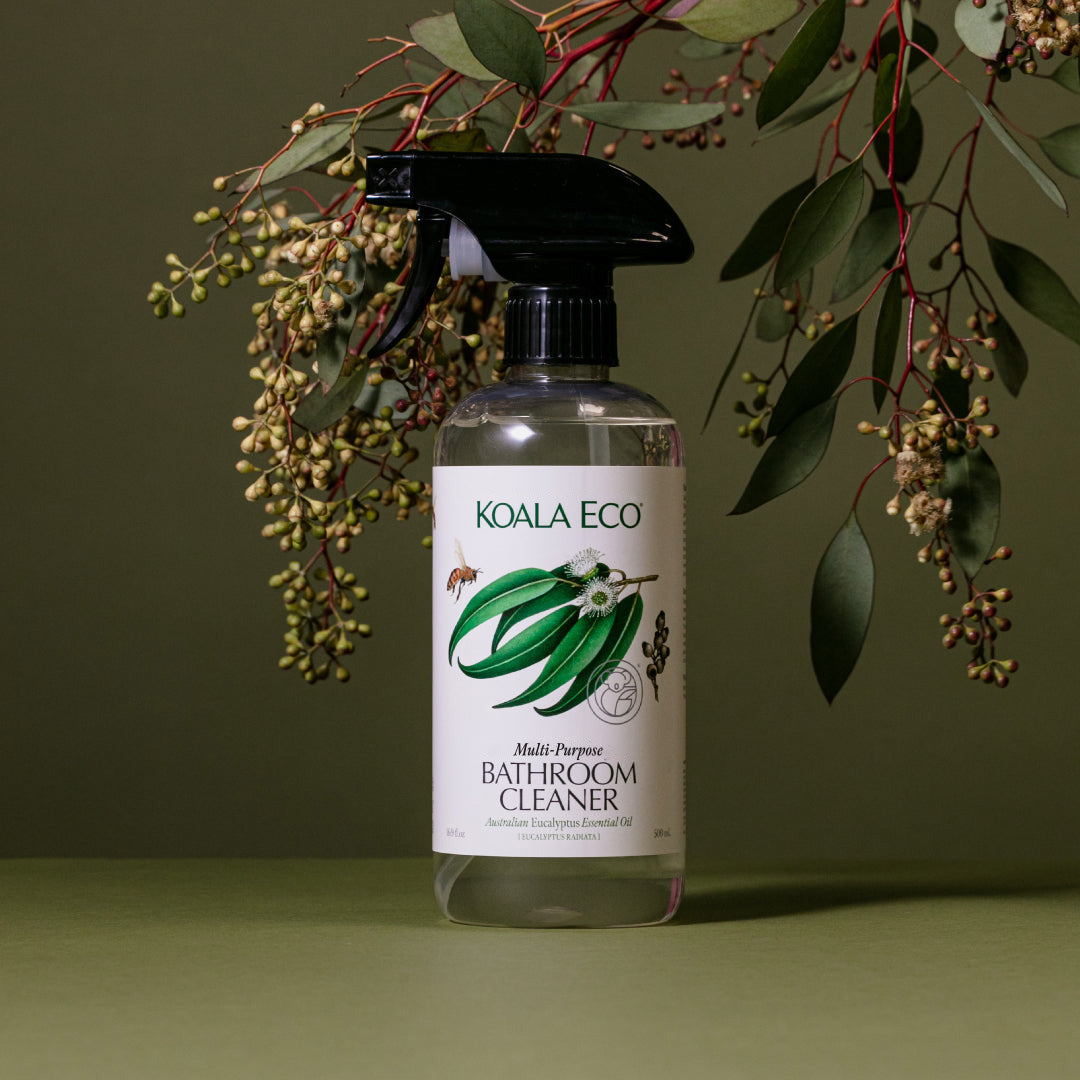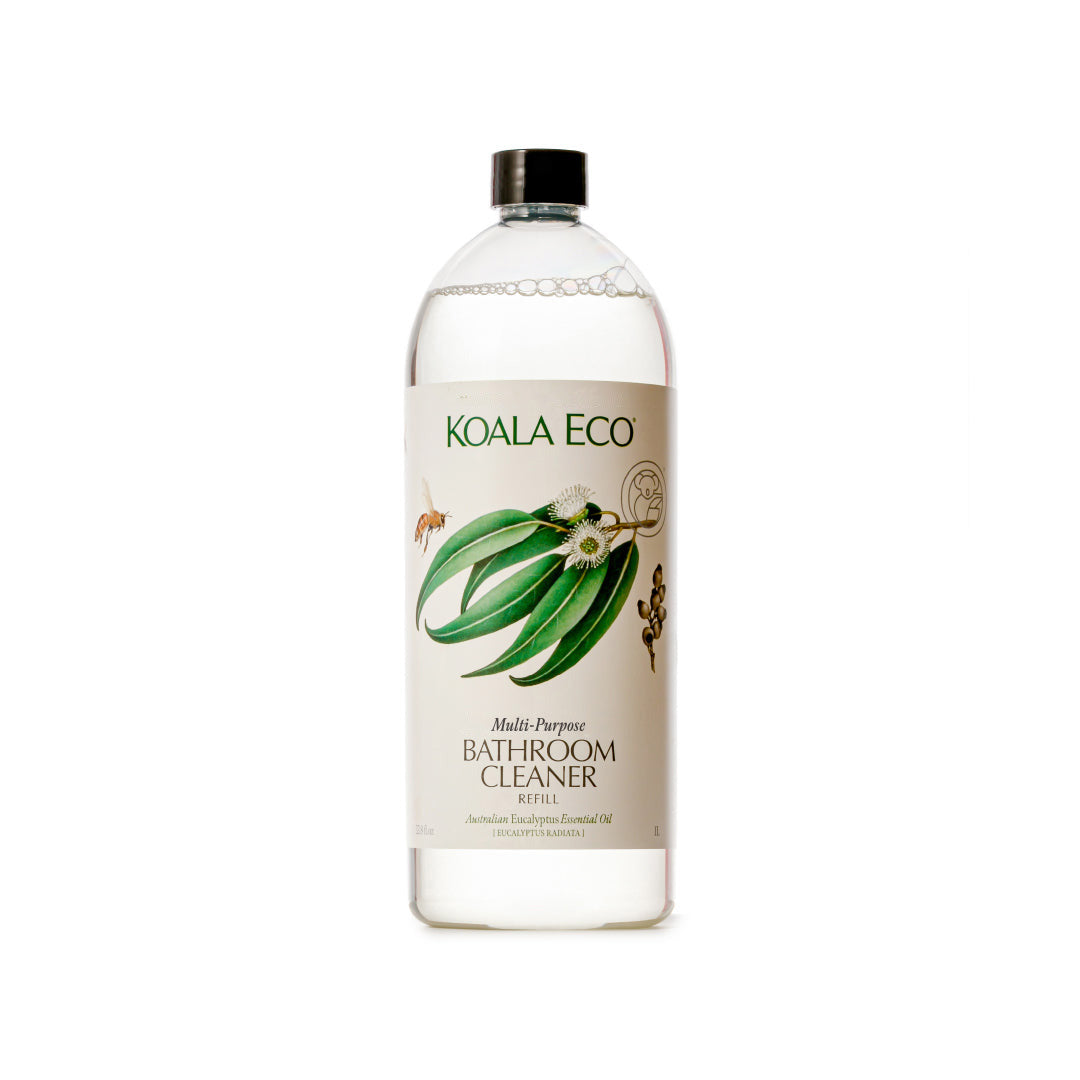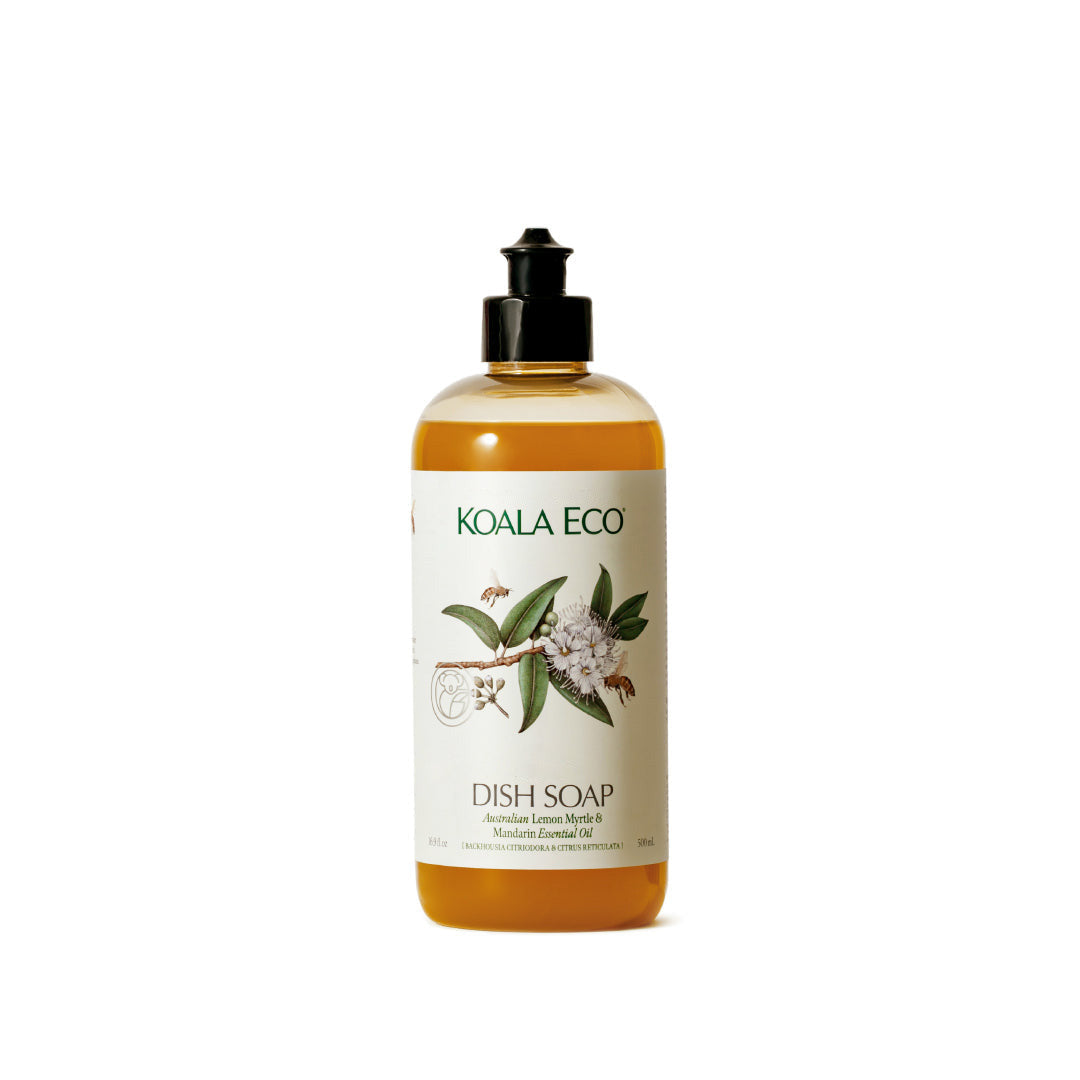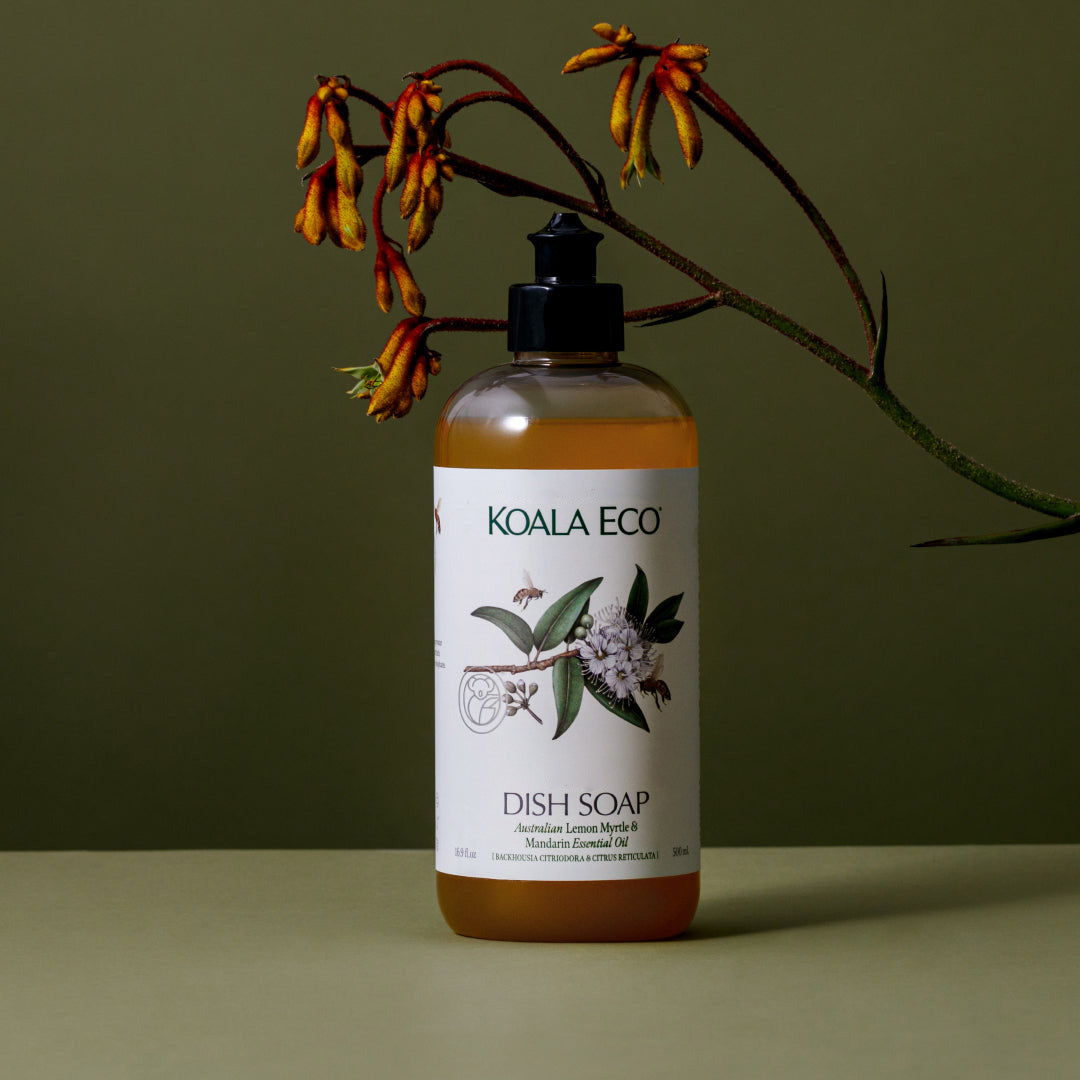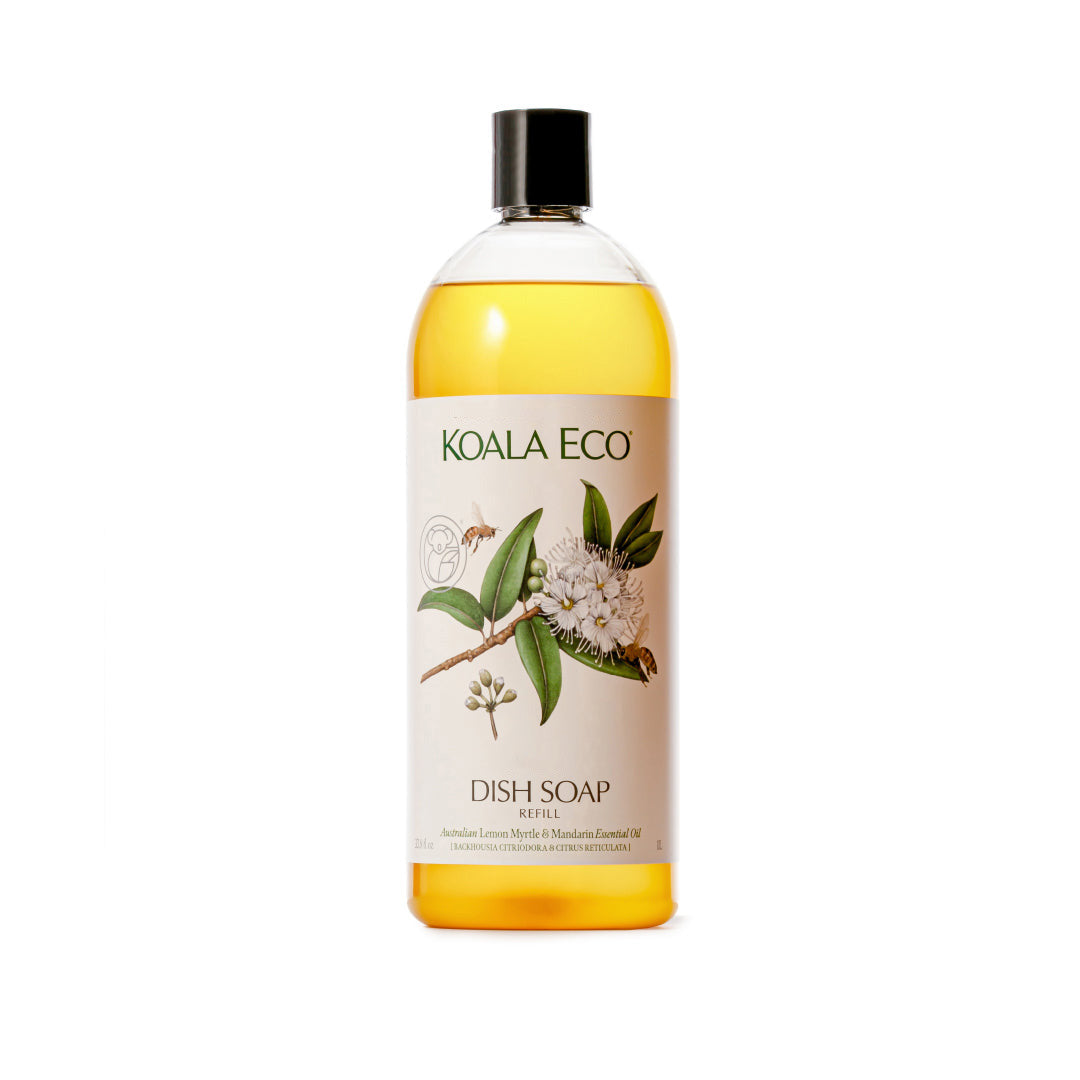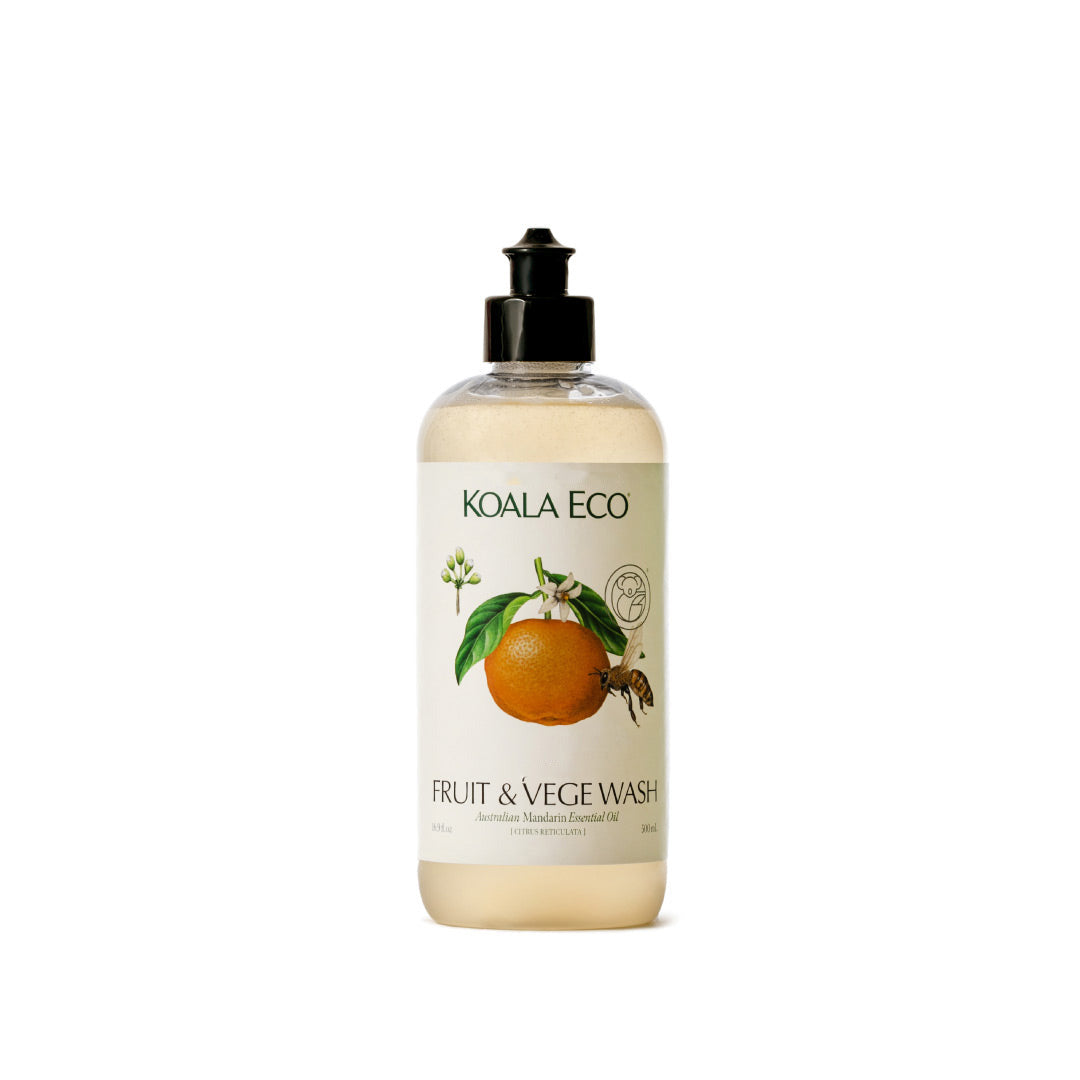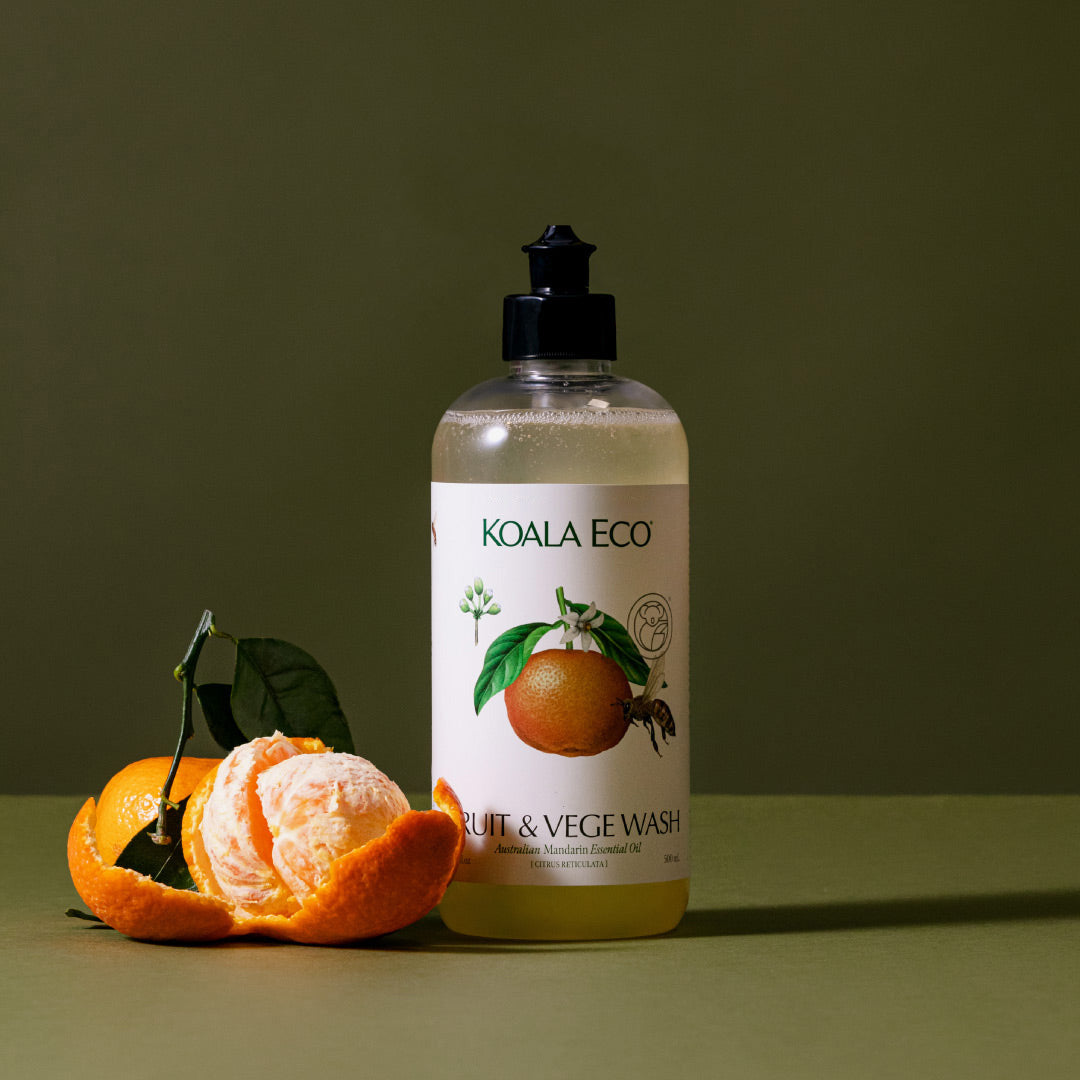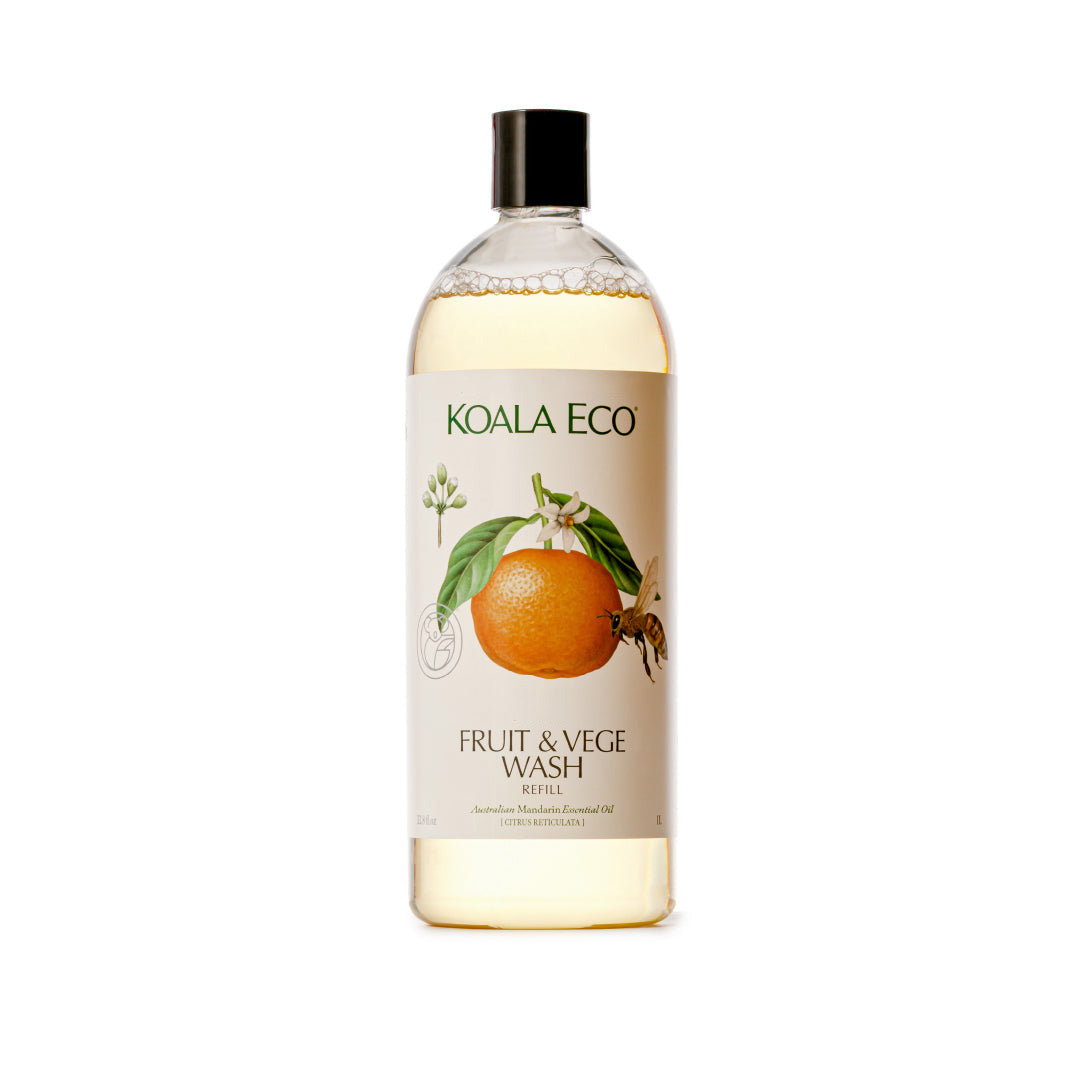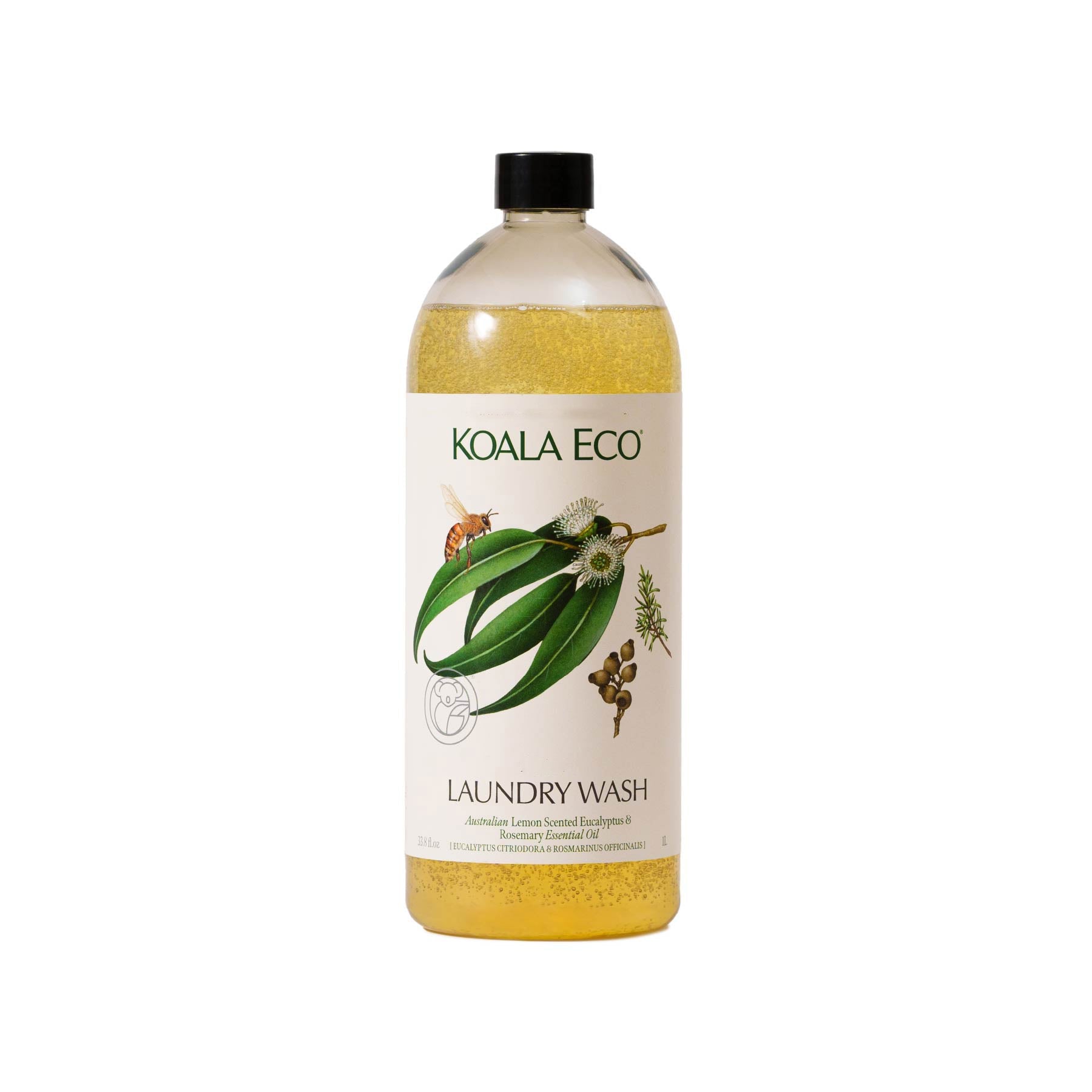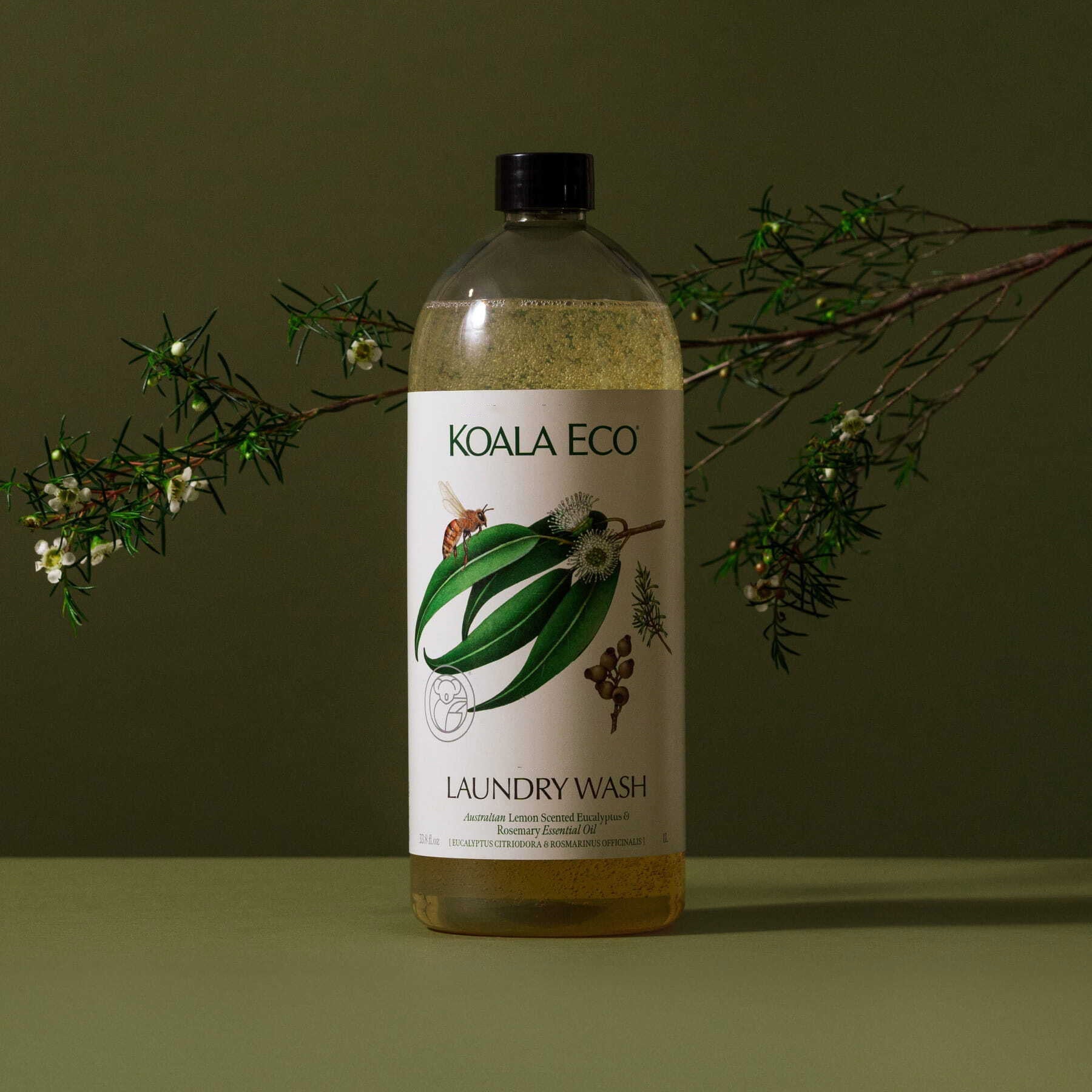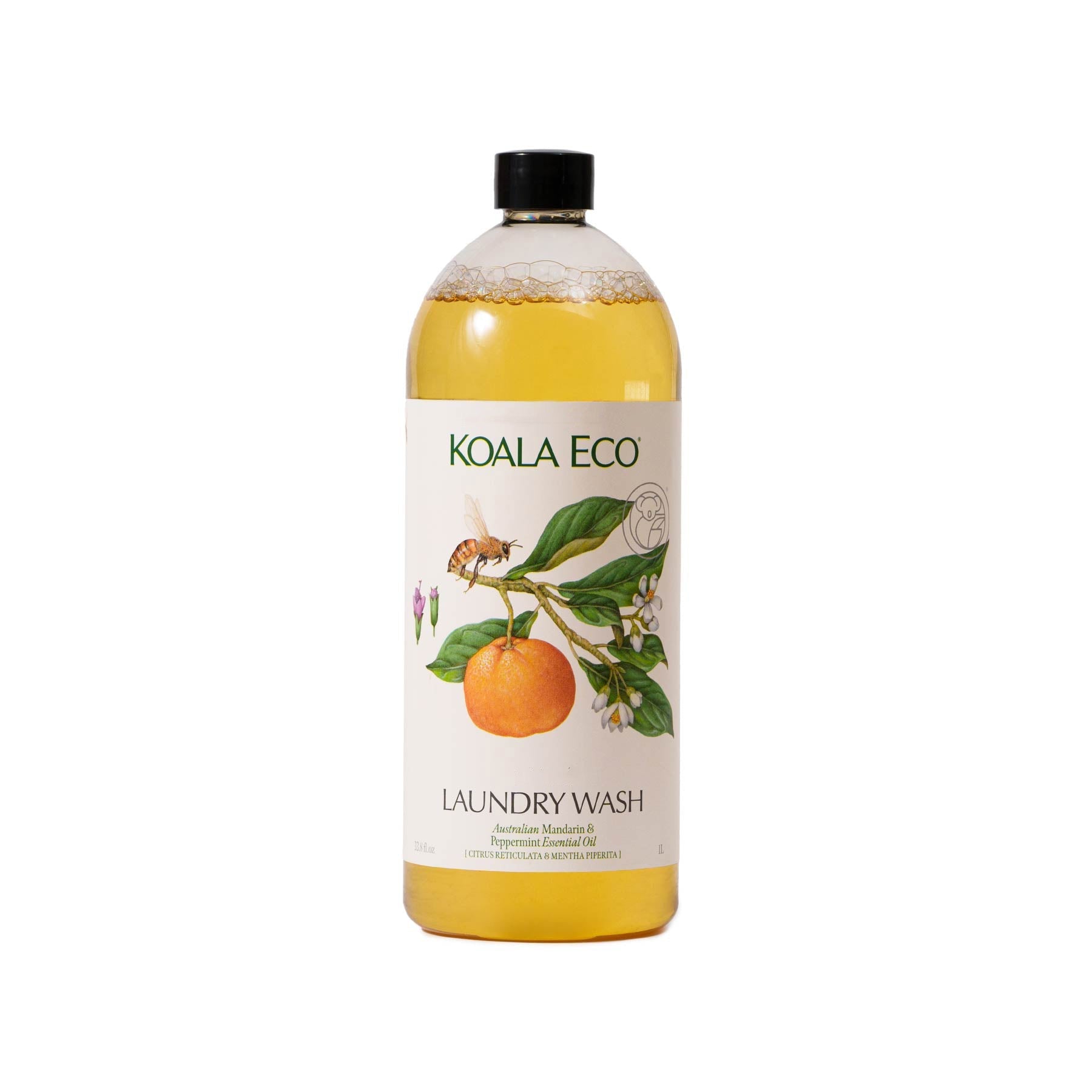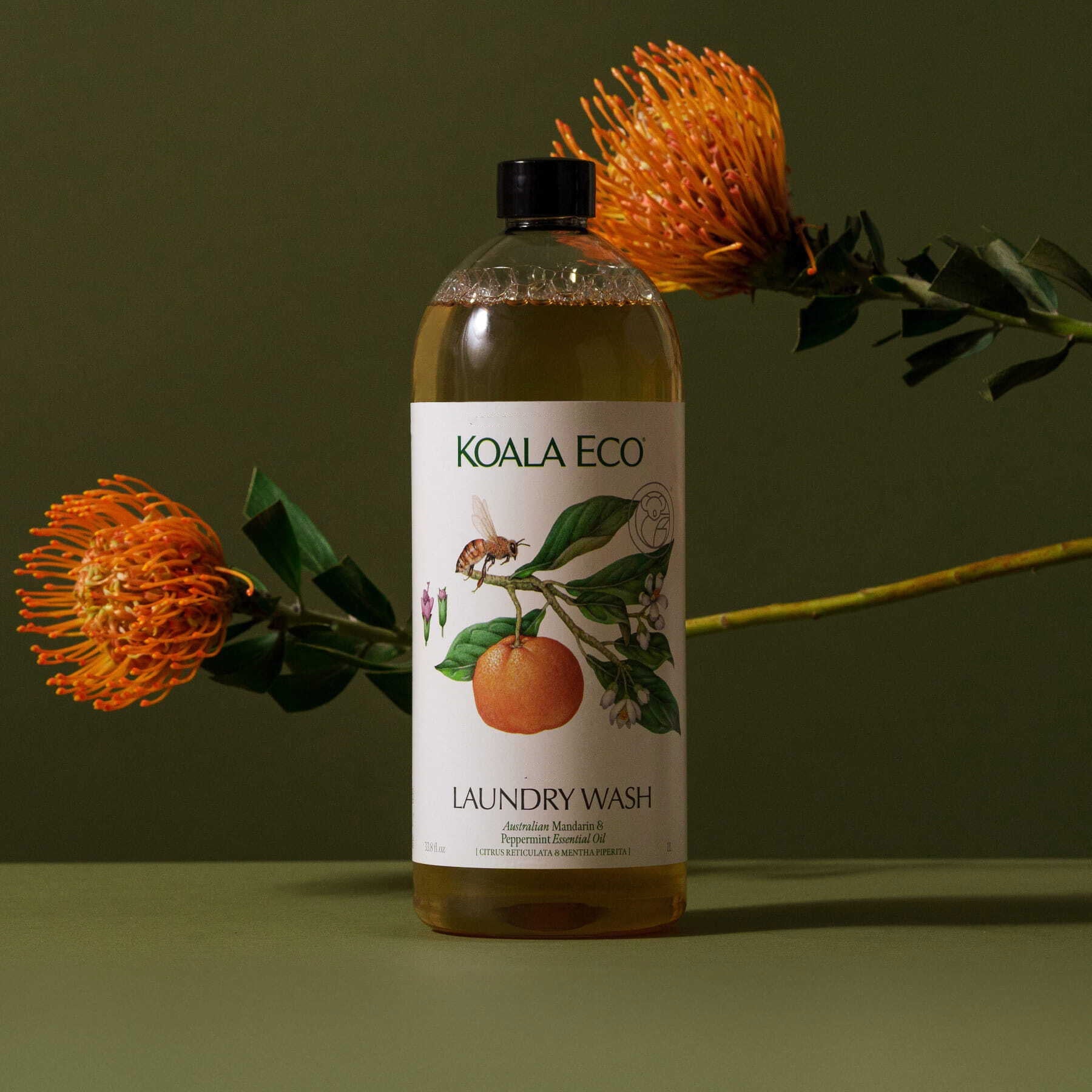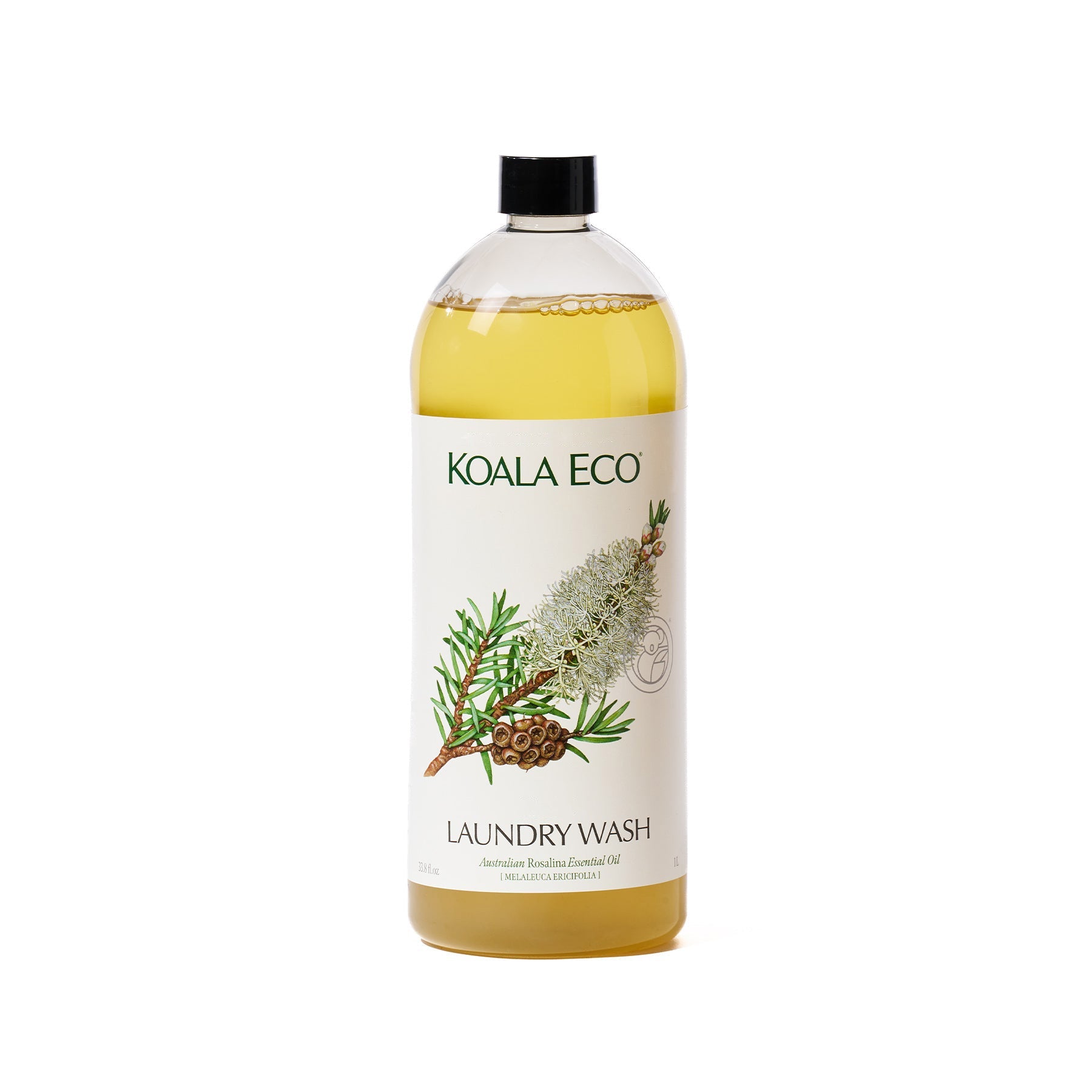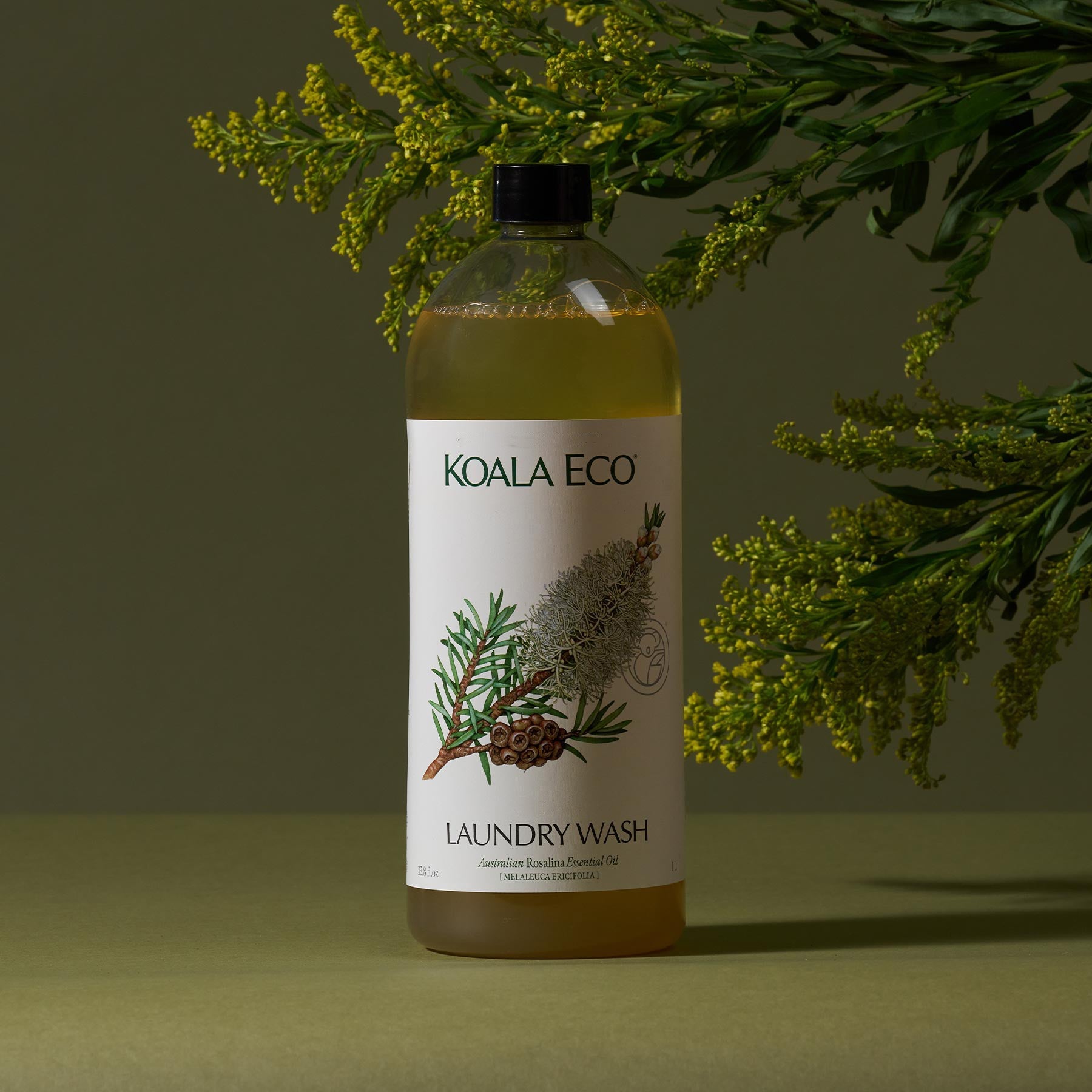This week, I want to share an article from The Washington Post that explores what researchers suspect may be fueling cancer among millennials.
It’s always been important to me not to sound alarmist as I’ve learned more about how environmental toxins and the chemicals hidden in our diets and everyday products impact our health. But when I read articles like this, I wish more people understood the link between what we’re exposed to and our overall health and wellbeing. My hope is that, over the coming years, this awareness will continue to build.
As I’ve mentioned in earlier posts, the fact that synthetic fragrance and perfume are the fastest-growing segment in the beauty industry is still so shocking to me. It shows how far we have to go, because when people ask me what the number-one ingredient I would remove from everyday life is, I say synthetic fragrance.
It’s everywhere—hanging from the rearview mirror of Ubers, in trash can liners, in the perfumes and lotions people wear—and it’s not good for us. Synthetic fragrance is a known endocrine disruptor. If life already comes with so many unavoidable stressors, why wouldn’t we take action to remove the ones we can?
For me, that means avoiding cheap products loaded with synthetic fragrances and instead reaching for ones with whole, nutritive ingredients for our faces, our hair, our homes. (I’ve listed out my favorites—the ones I buy again and again—in this post.) Because what is the purpose of caring for your skin or cleaning your home if the products you’re using to do so are making you sick?
This article is yet another reminder that it’s worth looking at what’s in the products around us every single day. Having woken up from thyroid surgery in my 30s only to learn that I had cancer, I know firsthand how important it is to pay attention to these details. And when it all feels overwhelming, I rely on third-party certifications. Their only job is to have our back.
My goal is never to scare or cause panic or paranoia, but rather, to encourage you to make thoughtful choices, for the sake of your own health and the health of future generations.
The following excerpt comes from the recent Washington Post article “What Researchers Suspect May Be Fueling Cancer Among Millennials,” featuring Dr. Gary Patti, Professor of Chemistry, Genetics, and Medicine at Washington University in St. Louis:
“We’re just now beginning to understand the full chemical complexity of modern life,” he said. There are estimated to be more than 100,000 synthetic chemicals on the market. Their global production has almost doubled since 2000.
Only a small fraction of these have been studied for links to cancer: The International Agency for Research on Cancer (IARC) puts this number at about 4 percent. But among those examined, many have been shown to have some links to the disease. A 2024 study in Environmental Health Perspectives, for example, identified 921 chemicals that could promote the development of breast cancer."

![The Sunday Reset - Inspired by the Narrow-leaved Peppermint [Eucalyptus radiata]](http://www.koalaeco.com/cdn/shop/articles/Koala-2025-TSR-Peppermint-Journal_Banner_1228eafe-9ead-435b-828e-22899b3e5cd8.jpg?v=1770260830&width=2000)




